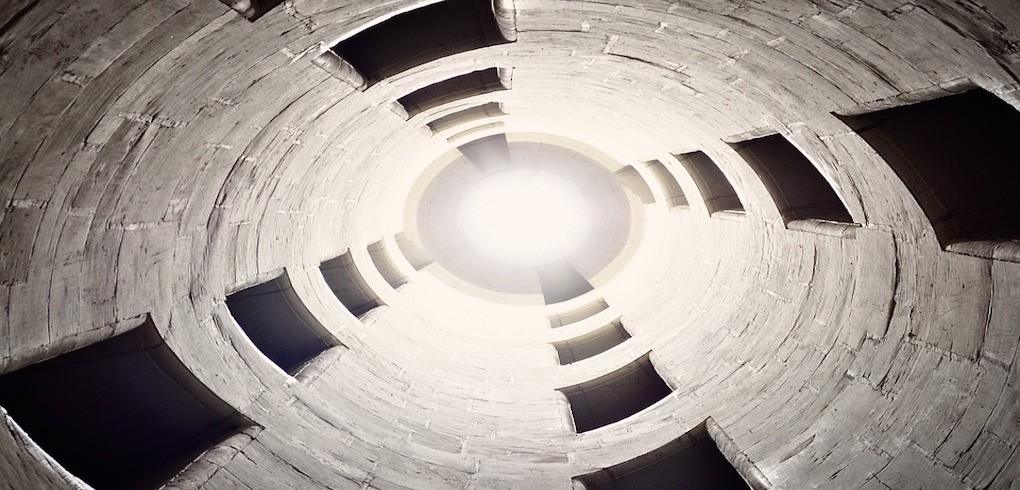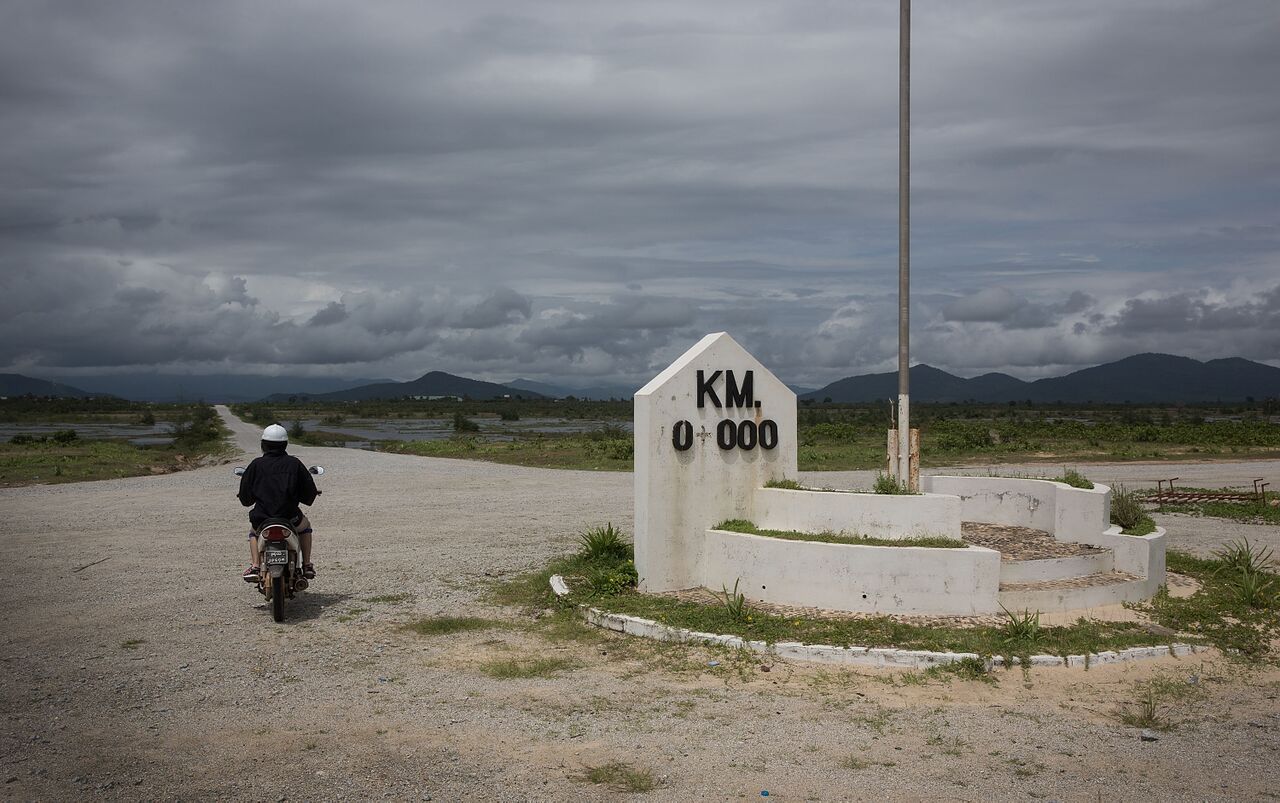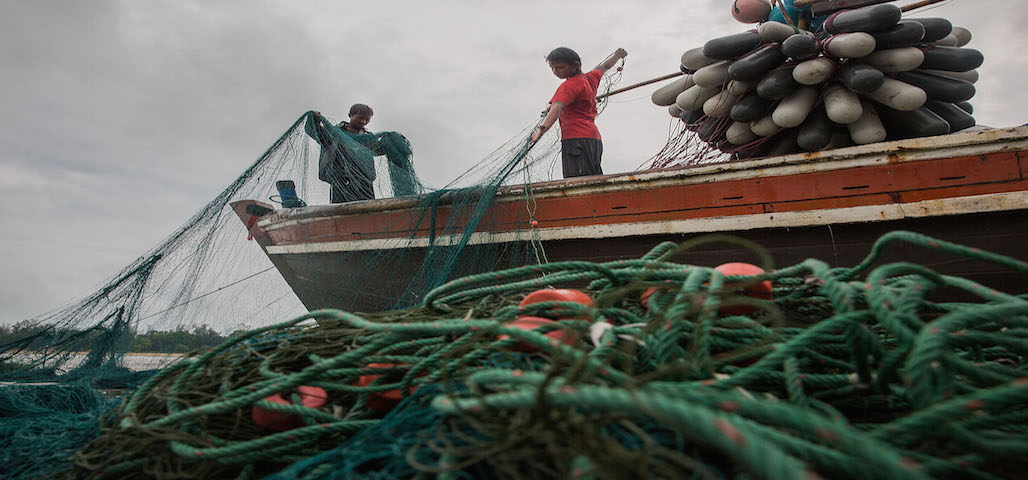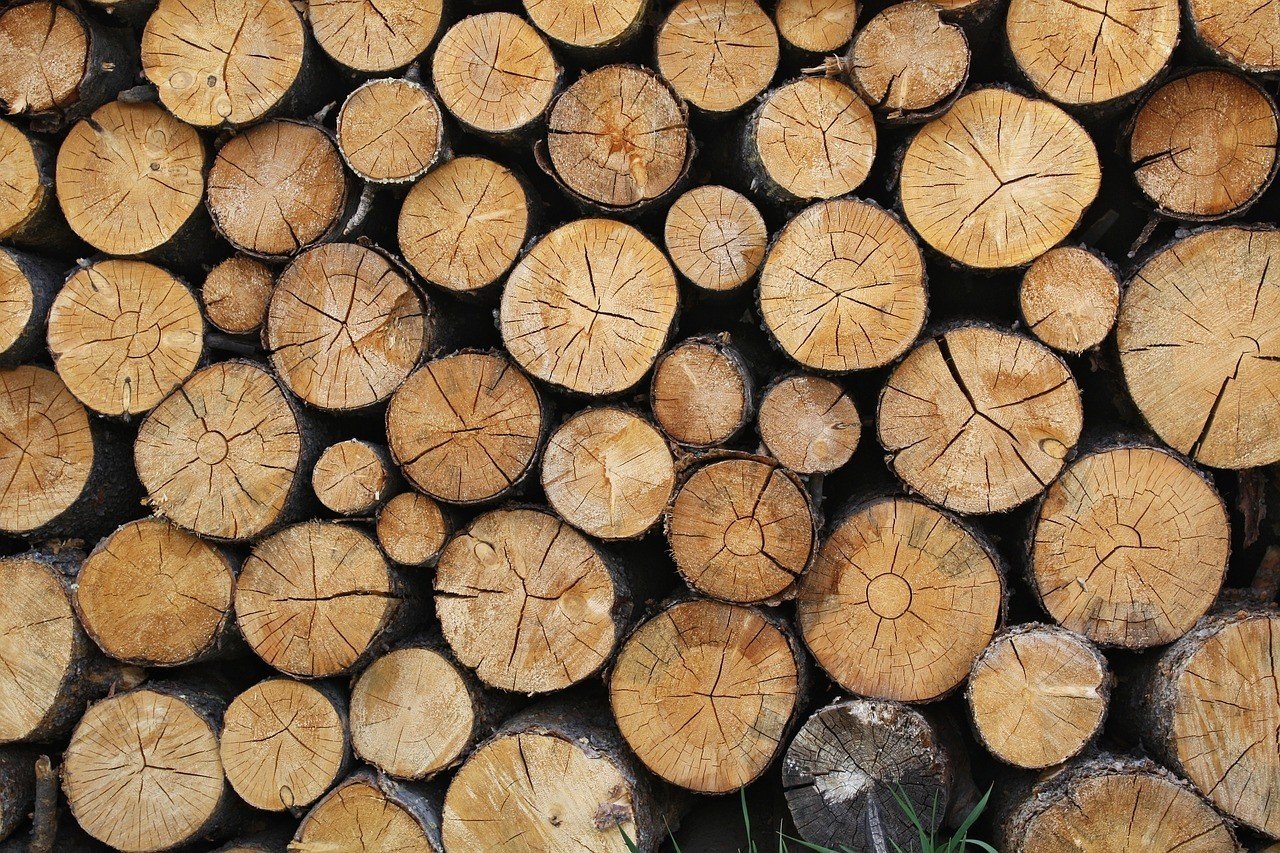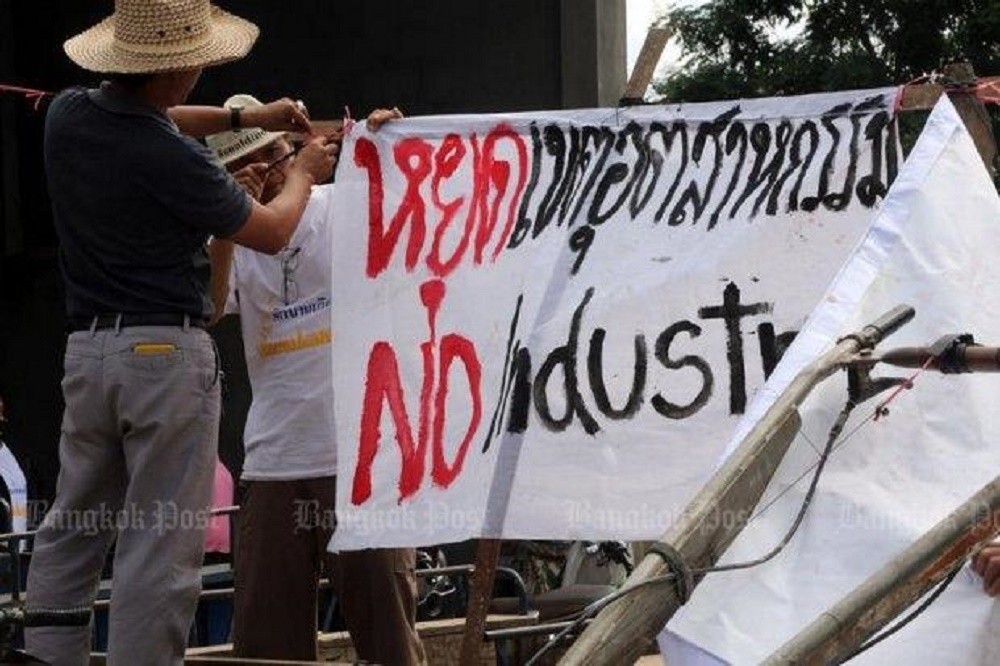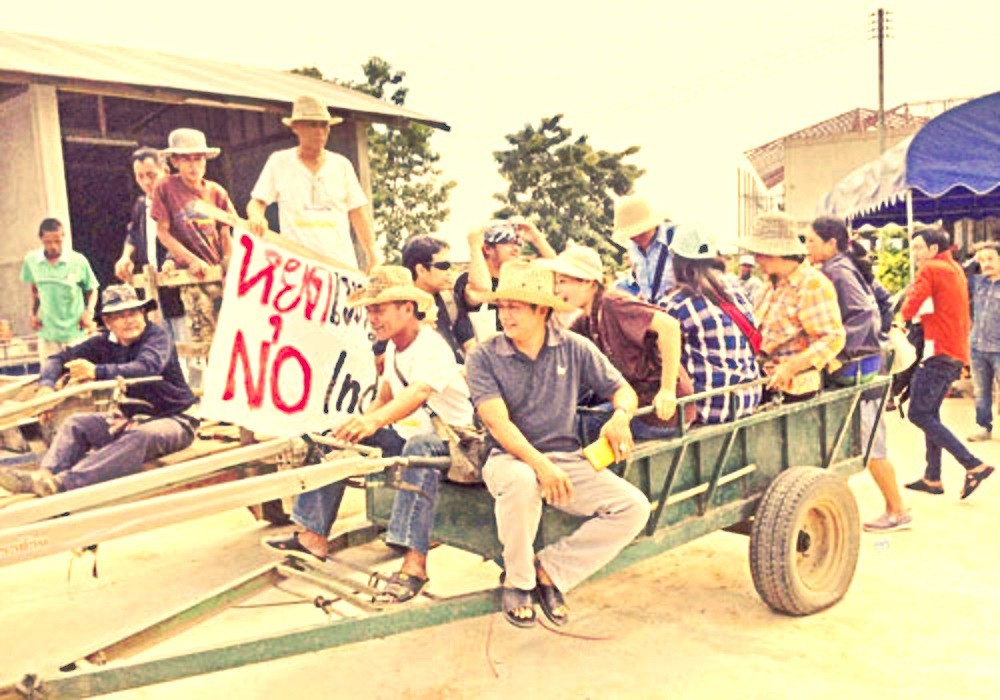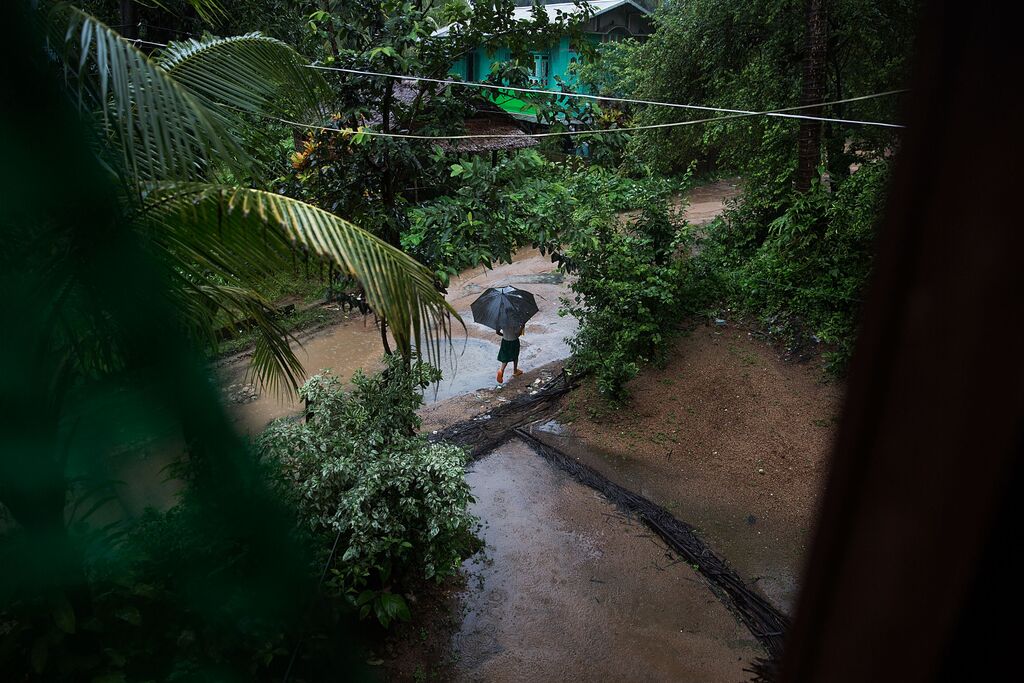“We just want to stop the project” said U Zaya Kyaw, a member of Taungote community network. A Vietname based company named Myanmar SIMCO Song Da Limited Joint Stock Company (MYSICO) get the license for 25 years of Marble Tile production in Nay Pu Taung (Nay Py Mountain), which is situated in Taungote Townshiop, Rakhine, Myanmar. “According to the contract, they will employ 240 local workers, but they only hire 10 local people so far (with contract). The whole project operation is not transparent and accountable. It will spoil our environment and we don’t have much benefit from it.” U Zaya Kyaw continued. “The investment is 18.17 mn, but they didn’t say anything about EIA or SIA to us.” U Soe Win, another member of the community network said.
Tag: industry
7 Carbon investment projects have been cancelled and the duration of economic land concession has been reduced
The government of Cambodia has decided to cancel 7 carbon investment projects and reduced the investment duration of economic land concession (6 projects) down to 50 years after reviewing environmental assessment reports of Ministry of Environment. According to an announcement of Ministry of Environment on October 16, 2015, after reviewing the environmental assessment reports of Ministry of Environment on 14 investment projects, Royal Government of Cambodia has decided that 6 economic land concession projects covering 45468 h.a in Koh Kong, Kompot and Pursat provinces could continue their operation within only 50 years.
China poised to speed up nuclear power investment
The development of nuclear power in China is set to gain momentum in the next five years as the country prepares to inject hundreds of billions of yuan into building nuclear plants. More than 100 nuclear power plants will be put into operation by 2020, with a nationwide capacity tripling that of 2014 to reach 58 million kilowatts, the China Times reported, citing a draft for the 13th Five-Year Plan (2016-20).
According to the document, the government is expected to invest about 500 billion yuan (S$109 billion) to build six to eight new plants annually during the period.
Minister says Dawei SEZ ‘like renovating some parts of an old house in order to prevent it from collapsing’
The Dawei Special Economic Zone has been championed by both the Myanmar and Thai governments as a promising industrial development for Myanmar, yet there have been difficulties getting the project off the ground.
According to the agreement, the initial phase of the project must be carried out on the 7-square-kilometre land allotted for the special zone, and 65 percent of construction must be completed within three years from the signing date. In the meantime, Italian-Thai Development has been building infrastructure such as roads, bridges, water supplies and buildings.
As Dawei “initial phase” 65% complete, locals left in the dark
The Dawei Special Economic Zone (DSEZ) is a major industrial project and deep sea port now at an initial phase of construction located in Taninthayri Region, Myanmar. The original plan, led by the Thai construction company Ital-Thai since 2008, was for a US$ 50 billion project that entailed a 250 kilometer square industrial zone. However, by 2012 the project was in deep trouble as it failed to attract investment and was challenged by civil society groups concerned about impact on local livelihoods and the environment, as well as the overall decision-making process around the project.
Leaked WWF report on illegal logging in Laos: “A worst-case scenario”
A leaked WWF report exposes the scale of illegal logging in Laos. Almost all of timber exports from Laos go to Vietnam and China. In 2013, Laos exported 1.4 million cubic metres of timber to these two countries. That’s more than 10 times the official timber harvest in Laos.
Border trade plans leave locals in flux
Farmland at this time of the year — the beginning of harvesting season — was once filled with produce waiting to be harvested.
But since the government announced the Special Economic Zone (SEZ) in Tak earlier this year, Mr Sombat said farmers such as himself have been afraid to invest in farming as they have no idea if they will have to leave their land.
Migrant workers fear impact of Mae Sot economic zone
The development by the Thai government of a special economic zone at Mae Sot, which is intended to improve trade and communications between Thailand and Myanmar, could have devastating consequences for local inhabitants.
Myanmar-Thailand road cuts through last wilderness
Across the open door of the immigration office, a black dog sleeps, his ears twitching. It is a slow day at the border, under the tropical afternoon sun.
Imagining Dawei
There is a lone white concrete marker at Dawei’s Kilometre Zero, where storms come ashore from the Andaman Sea and where the long, unpaved road to Thailand begins.
There is little now auguring that the white marker will one day be at the centre of Dawei special economic zone (SEZ), a mammoth project more than one-quarter the size of Singapore. In its entirety it will cost billions of dollars to build, potentially creating hundreds of thousands of jobs and generating up to 5 percent of Myanmar’s GDP.


